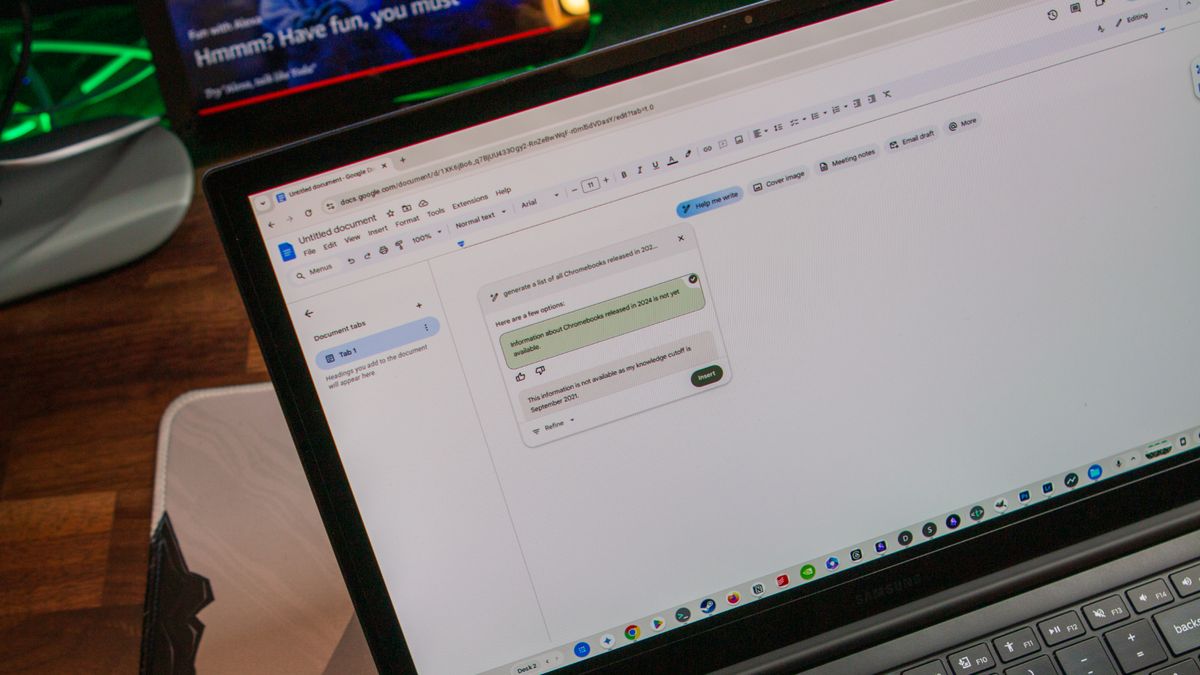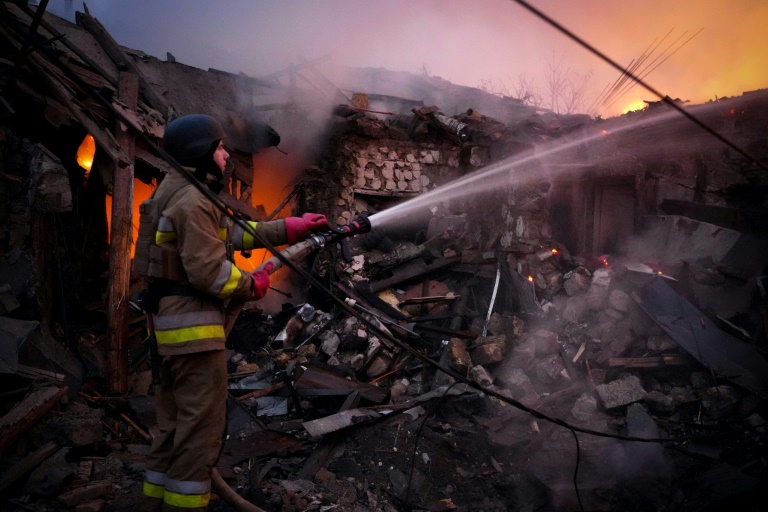Israeli forces launched air strikes against the Gaza Strip on Friday, killing 15 people, including a senior figure in the militant group Palestinian Islamic Jihad.
The militant group responded by firing dozens of missiles into Israel, setting off warning sirens in the south and centre of the country, in the biggest flare-up in tensions since an 11-day war in Gaza in May last year.
Israeli air strikes and Islamic Jihad rocket fire continued on Saturday. Israel’s military said Israeli forces had arrested 19 members of Islamic Jihad in the occupied West Bank overnight.
Israeli officials said they had carried out Friday’s strikes in Gaza in reaction to an “imminent threat” and that Taysir al-Jabari, Islamic Jihad’s commander in northern Gaza, was among 15 militants killed.
Gaza’s health ministry said 15 people, including a five-year-old girl and a 23-year-old woman, had been killed, and that 125 had been injured.
The escalation comes after a week of mounting tension following the arrest on Monday in the West Bank of Bassam al-Saadi, another senior Islamic Jihad figure, which prompted fears of retaliation by the militant group.
Islamic Jihad said on Friday that it had launched more than 100 rockets in response to the Israeli air strikes. An Israeli military official said 74 missiles had been fired and 63 had reached Israel, but that, with the exception of one that hit a road, all had fallen on empty land or been intercepted.
Israeli prime minister Yair Lapid said in addition to al-Jabari, the Israeli strikes had targeted “a cell preparing to launch an anti-tank missile attack against Israel”.
“Anyone who tries to harm Israel should know: we will find you,” he said. “The security forces will act against Islamic Jihad terrorists to eliminate the threat they pose to the citizens of Israel.”
Fawzi Barhoum, a spokesman for Hamas, the Palestinian militant group which has ruled the Gaza Strip since 2007, said Israel had “launched a new violent escalation . . . and committed a new crime against the Palestinian people”.
“The Palestinian resistance factions are united in this battle and will not keep silent,” he said.
The Israel Defense Forces said army reserves had been mobilised to deal with retaliation by Islamic Jihad or Hamas. Israel and Hamas have fought four wars in Gaza since 2007, including an 11-day conflict last year.
Israel has declared a “special situation” and limited civilian activity within an 80km radius of Gaza, a 365 sq km stretch of land hemmed in between Israel, Egypt and the Mediterranean that is home to more than 2mn impoverished Palestinians.
Some roads in southern Israel adjoining Gaza were closed earlier this week by Israeli authorities following the arrest of al-Saadi.
Shaul Shay, a former IDF intelligence official now a lecturer at Reichman University, said that whether the confrontation escalated more dramatically would depend on the stance of Hamas.
“The main question is how far [Hamas] are ready to go to control Islamic Jihad,” he said. “If they want, theoretically they can contain them. But I don’t see them going to an armed confrontation with Islamic Jihad on behalf of Israel. It will not work.”
Islamic Jihad, which is backed by Iran, shares Hamas’s opposition to Israel’s existence. But it is smaller and distinct from Hamas, even though the two groups often co-operate.
Reuven Berko, a former adviser on Arab affairs to Israel’s then civil administration in the Gaza Strip, said al-Jabari had been considered “a very senior commander” in Islamic Jihad, and that his assassination had struck “at the heart” of the group’s operations.





















Discussion about this post